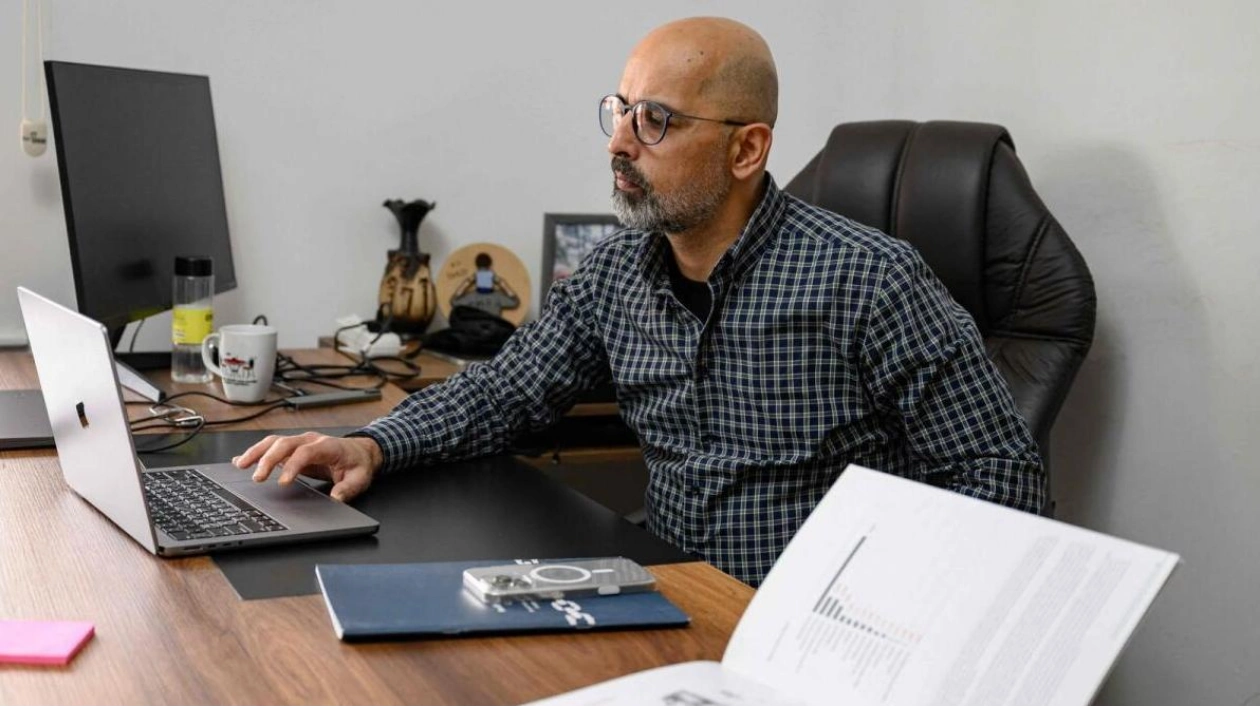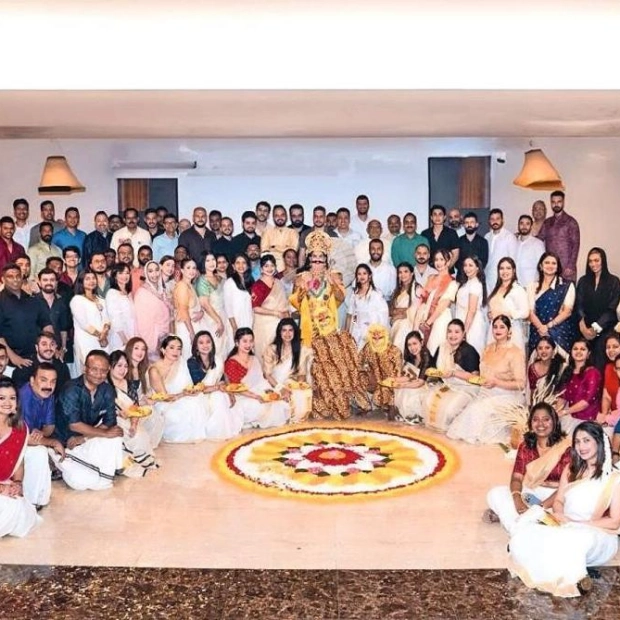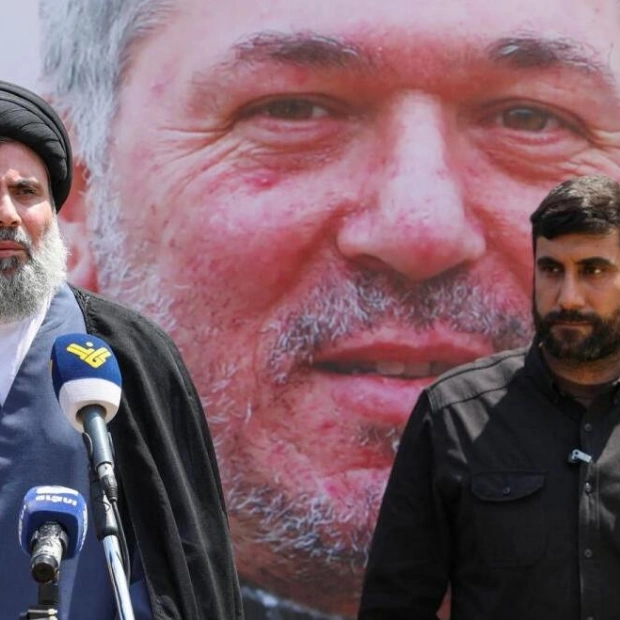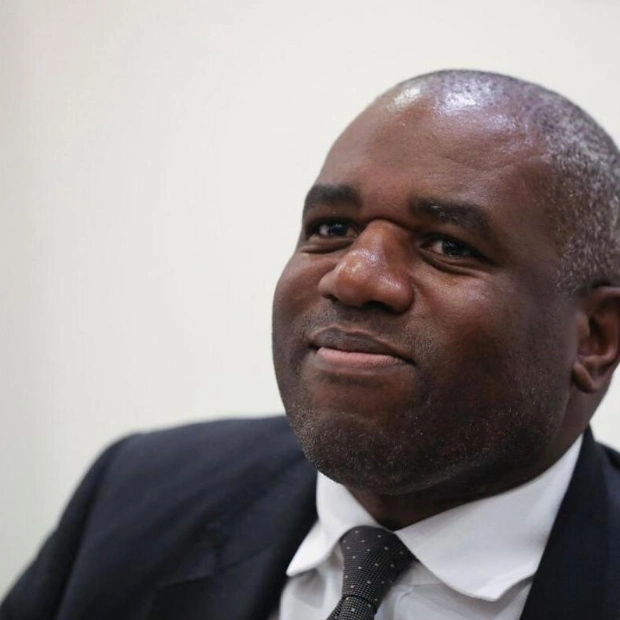Riyad Avlar, co-founder of the Association of Detainees and Disappeared Persons of Saydnaya Prison (ADMSP), checks his laptop during an interview with AFP in Gaziantep on December 11, 2024. — AFP
Riyad Avlar spent 20 years in Syrian jails, including a decade in the notorious Saydnaya prison, where the Bashar Al Assad regime carried out some of its most heinous atrocities. Those years of imprisonment have left him with a singular focus: documenting and healing the horrors that took place within the walls of the prison where he was incarcerated.
"I am certain we will see Bashar Al Assad in court one day," Avlar, who is Turkish, predicted. In 2017, shortly after his release, he co-founded the Association of Detainees and Missing Persons of Saydnaya Prison (ADMSP), an organization advocating for those imprisoned for opposing Assad's rule.
"We don't seek revenge, we seek justice," Avlar told AFP at the organization's headquarters in Gaziantep, southeastern Turkey. It is here that Avlar and other survivors of Saydnaya's brutality gather and compile documentation and testimonies of the atrocities that occurred inside the prison, described by Amnesty International as a "human slaughterhouse."
Thousands of inmates, some held since the 1980s, were freed on Sunday when Syrian rebels seized the capital in a swift advance. Images of the former prisoners, emaciated and weak, were broadcast worldwide as a symbol of Assad's downfall.
"It brought me joy to see them free, but when I saw the images of the walls and cells, it took me right back there," said Avlar, who was arrested in 1996 while studying in Damascus for sending a letter detailing government abuses in Syrian prisons. "I can still feel the trauma."
Even now, Avlar sometimes wakes up at night, believing he is still behind bars—he once spent two months in a cell in complete darkness. "I witnessed people dying before my eyes, many from starvation," said the activist, whose salt-and-pepper beard conceals a scar from the torture he endured 25 years ago. The guards, he said, would often throw scraps of food into the toilet in front of starving prisoners.
"The prisoners ate it to survive," he said. Part of his healing came through theater and learning the saz, a long-necked lute popular in Turkey, which he considers "art therapy." However, being part of the association's work has also been therapeutic, allowing him to help numerous families obtain proof of life for loved ones held in Saydnaya.
This was made possible by "insiders," prison employees who secretly provided internal documents to the organization, though Avlar did not elaborate further. Saydnaya, now empty, saw hundreds of Syrians rush there this week in a desperate search for their loved ones.
More than 4,000 inmates were freed by Islamist-led rebels, according to the ADMSP. The group estimates that over 30,000 people were executed or died from torture, starvation, or lack of medical care between 2011 and 2018. With so many bodies, the authorities resorted to using salt-lined rooms as makeshift morgues due to the lack of cold storage.
Haunted by his memories, Avlar has no desire to return to Saydnaya but dreams of the day when it will be transformed into a place of remembrance. "I am overjoyed that there is not a single prisoner left in there," Avlar said.
Source link: https://www.khaleejtimes.com






